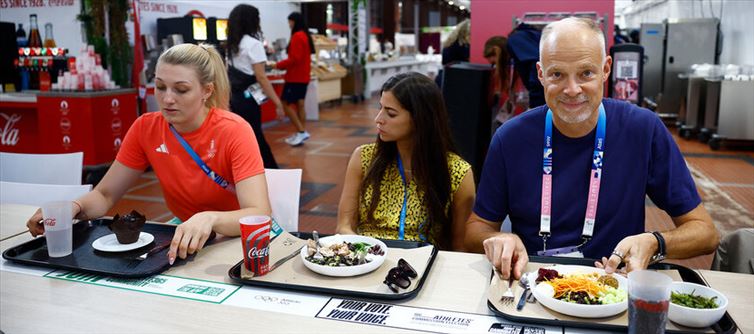
The realm of Olympic nutrition is vast and interesting, ranging from Michael Phelps' fabled 10,000-calorie diet during his training for the beijing Olympics to other competitors' greater moderation. Olympians Lee Kiefer, a fencer, emphasizes moderation and balance in her diet, whereas Maggie Mac Neil, a swimmer, eats ice cream in addition to her wholesome meals. Tammara Thibeault, a boxer, follows a vegetarian diet that she modifies to suit her demands for protein when competing internationally.
Olympic competitors, according to senior nutritionist Sadhna Singh of Herenow Official, don't follow a one-size-fits-all diet. Rather, they collaborate closely with nutritionists and certified dietitians to create customized plans that address their particular requirements. These plans take several things into account, such as:
Sport and Training Intensity: The fuel needed by a weightlifter and a marathon runner differs.
Body Composition and Metabolism: An athlete's body composition and digestive system are important factors.
Dietary Preferences and Restrictions: Cultural issues, allergies, and intolerances are taken into account.
Competition Schedule: Before, during, and after contests, nutritional requirements may change.
"These schedules are reviewed frequently, usually every few months or following significant contests, to make sure the athlete's evolving needs are still being met. It's about continuing to adjust and improve along the way, according to Singh.
An Olympian's diet must include both macronutrients (proteins, carbs, and fats) and micronutrients. Singh points out that in order to assist their training and recuperation, Olympic athletes carefully balance their macronutrient intake. The body uses carbohydrates as its main food source to power through demanding exercises and competitive events. For a prolonged energy release, athletes concentrate on complex carbohydrates found in fruits, vegetables, and whole grains.




 click and follow Indiaherald WhatsApp channel
click and follow Indiaherald WhatsApp channel